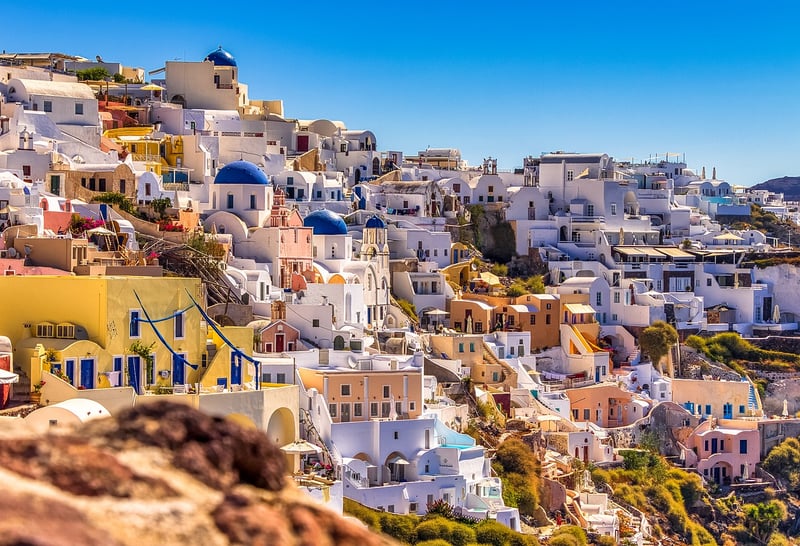Future Tourism Trends
Exploring Leisure Through Time and Future Tourism Trends
Introduction
Leisure activities have been an integral part of human life for centuries, evolving over time to meet changing preferences and lifestyles. From ancient civilizations to modern-day society, people have always sought ways to relax, unwind, and explore new horizons. Let's delve into the historical evolution of leisure activities and take a glimpse into the future of tourism trends.
Leisure Through Time
Throughout history, leisure activities have varied greatly depending on cultural norms, technological advancements, and social structures. In ancient times, activities like storytelling, music, and games were popular forms of entertainment. As societies progressed, activities such as theater, sports, and religious festivals gained prominence.
Medieval Era
In the medieval era, leisure activities were often linked to seasonal festivities, feasts, and tournaments. Jousting, hunting, and dancing were common pastimes among the nobility, while common folk enjoyed fairs, markets, and simple games.
Industrial Revolution
The Industrial Revolution brought about significant changes in leisure patterns. With the rise of urbanization and the growth of the middle class, leisure time increased. Parks, museums, and theaters became popular recreational venues, reflecting the changing societal dynamics.
Modern Era
In the modern era, leisure activities have diversified to encompass a wide range of interests. From adventure sports and eco-tourism to wellness retreats and cultural exchanges, individuals today have a plethora of options to choose from, catering to their varied tastes and preferences.
Future Tourism Trends
Looking ahead, the future of tourism is poised for exciting developments driven by technological innovations, changing consumer behaviors, and global trends. Here are some emerging trends shaping the future of tourism:
1. Sustainable Tourism
With environmental concerns taking center stage, sustainable tourism practices are gaining momentum. Travelers are increasingly seeking eco-friendly accommodations, supporting local communities, and minimizing their carbon footprint while exploring new destinations.
2. Virtual Reality Travel
Virtual reality technology is revolutionizing the travel industry, offering immersive experiences that allow people to explore destinations from the comfort of their homes. Virtual tours, VR-enhanced travel planning, and interactive travel content are reshaping the way people discover new places.
3. Experiential Travel
Travelers are shifting towards experiential travel, focusing on creating meaningful connections with local cultures, traditions, and people. Authentic experiences such as homestays, culinary tours, and volunteer travel are gaining popularity as travelers seek more enriching and immersive adventures.
Conclusion
As we reflect on the evolution of leisure activities through time and anticipate the future of tourism trends, one thing remains constant – the human desire to explore, connect, and unwind. Whether through ancient pastimes or cutting-edge travel experiences, leisure continues to be a vital aspect of our lives, shaping our experiences and memories for generations to come.


References: World Tourism Organization, National Geographic Travel
